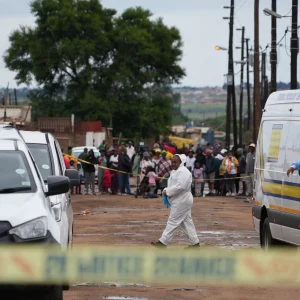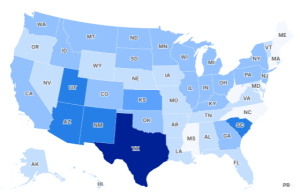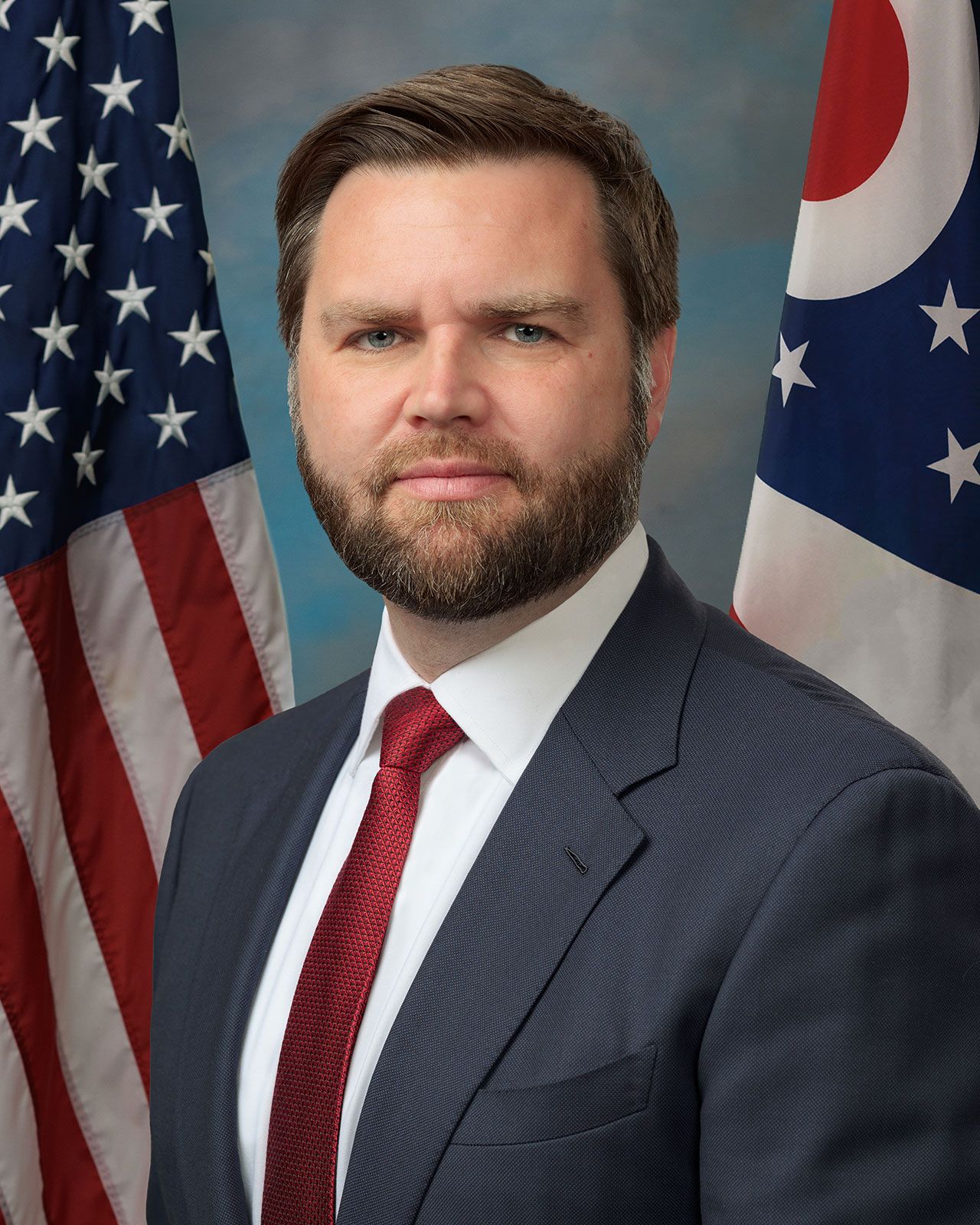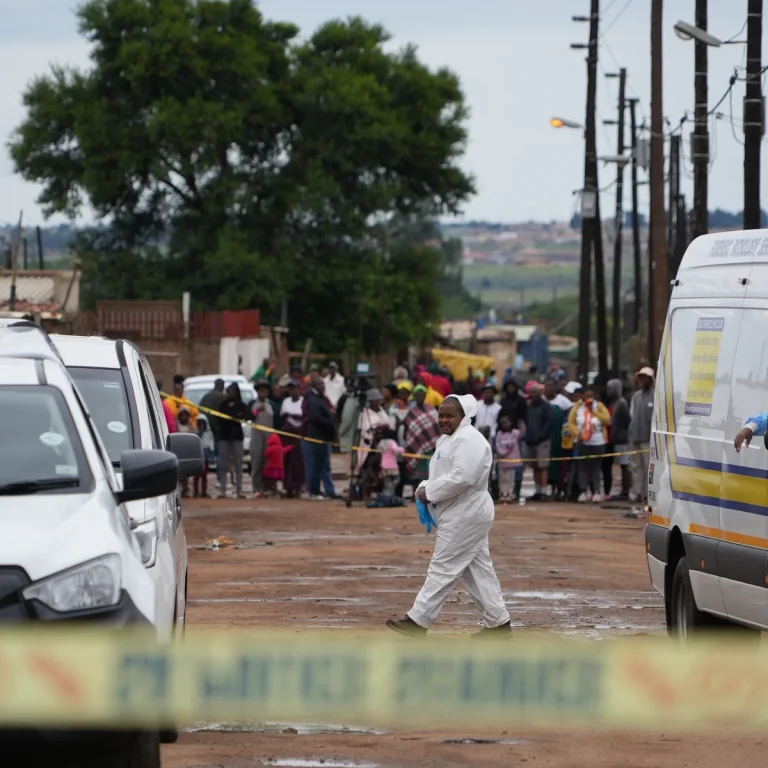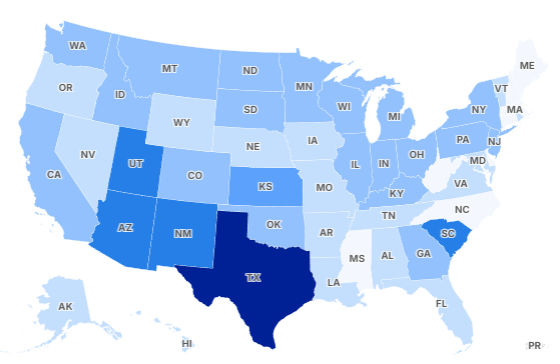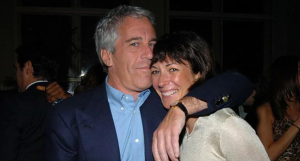Vice President J.D. Vance addressed a simmering controversy that has hovered over the Trump administration in recent weeks: its handling of documents, investigations, and renewed interest in the case of Jeffrey Epstein, the convicted sex offender whose death continues to spark questions. Speaking at a press conference in Canton, Ohio, after promoting the “Big, Beautiful Bill,” Vance defended the administration’s response and called out what he described as “selective outrage” from the media and political opponents.
“The president has been very clear. We’re not shielding anything,” Vance said, responding to a reporter’s question about the administration’s approach to Epstein-related files. “He’s been incredibly transparent about that stuff, but some of that stuff takes time.”
The remarks come amid fresh scrutiny from outlets like The Hill, which reported Wednesday that Vance is in a “politically delicate position” due to the MAGA base’s demand for answers regarding Epstein’s past associations—and specifically, Trump’s. The heat intensified after the FBI and Department of Justice released a memo reaffirming their long-standing position that Epstein died by suicide. Though the memo was intended to quell speculation, it had the opposite effect in some circles, leading to further backlash and questions about government transparency.
Behind the scenes, Vance reportedly played a crucial role mediating internal tensions that flared in the days following the memo’s release. Sources say Vance helped broker calm between Attorney General Pam Bondi, FBI Director Kash Patel, and Deputy FBI Director Dan Bongino. The situation became so tense that Bongino allegedly threatened to resign over the handling of the release. Still, aside from those closed-door conversations, Vance kept a public silence—until now.
Weeks later, the controversy appears to be losing steam within Trump’s base, but not before legacy media outlets like The New York Times and The Wall Street Journal published in-depth articles revisiting Trump’s historical association with Epstein. The pieces fell short of alleging any criminal wrongdoing on Trump’s part, but some observers believe their purpose was less about new facts and more about fanning old flames—just in time for a crucial election cycle.
Indeed, Trump has long acknowledged that he once knew Epstein but has consistently and forcefully denied any involvement in the disgraced financier’s illegal activities. No accuser has ever implicated Trump, and no direct evidence has ever linked him to Epstein’s sex trafficking operation. Still, the media attention has spurred questions—and strategic insinuations.
Vance didn’t hold back in his criticism of the sudden shift in media focus.
“For four years, under Joe Biden’s Department of Justice, the media didn’t give a damn about the Epstein files or about the Epstein case,” he said. “Only now, because they think they can score political points, are they pretending to care.”
Vance went further, implicating previous administrations in what he described as a systemic failure to fully investigate Epstein’s network of abuse.
“Look, this goes back further than Joe Biden,” he said. “The Bush administration, the Obama administration—none of them truly pursued this case the way it should have been handled. Donald J. Trump, I’m telling you, he’s got nothing to hide.”
Adding another layer to the conversation, a transcript from the testimony of the late Virginia Giuffre, one of Epstein’s most prominent accusers, has recently resurfaced. Though Giuffre tragically died by suicide earlier this year, her previous testimony appears to directly counter ongoing narratives pushed by the political left and some in the media.
According to the transcript, Giuffre testified that she never saw Donald Trump and Jeffrey Epstein together, and said that Trump never made advances toward her or showed any sexual interest. She also stated that she had no recollection of Trump visiting any of Epstein’s homes in New York, New Mexico, or the infamous private island that became a focal point of the investigation into Epstein’s crimes.
That resurfaced testimony has become a rallying point for Trump defenders, who argue it exonerates the president from the accusations now being suggested by implication alone.
Meanwhile, Democrats and progressive commentators continue to demand the release of Epstein’s so-called “client list,” strongly implying that more high-profile individuals may be implicated—possibly even Trump. Yet, as Vance pointed out, this sudden push for transparency wasn’t present during the Biden administration.
“The same people who are now pounding the table about Epstein didn’t say a word when they were in power,” he said. “That tells you everything you need to know.”
In a significant development, the Trump administration this week pushed forward a legal effort to unseal grand jury materials related to the cases that led to the indictments of Epstein and his former associate, British socialite Ghislaine Maxwell. The move appears designed to further the administration’s argument that it’s committed to transparency—and to silencing critics who suggest otherwise.
As the political back-and-forth continues, one fact remains unchanged: there has yet to be any credible evidence that Trump was involved in Epstein’s illegal behavior. For Vance and the Trump administration, the strategy now seems clear—confront the accusations head-on, release what they can, and let the facts speak louder than the insinuations.

Emily Johnson is a critically acclaimed essayist and novelist known for her thought-provoking works centered on feminism, women’s rights, and modern relationships. Born and raised in Portland, Oregon, Emily grew up with a deep love of books, often spending her afternoons at her local library. She went on to study literature and gender studies at UCLA, where she became deeply involved in activism and began publishing essays in campus journals. Her debut essay collection, Voices Unbound, struck a chord with readers nationwide for its fearless exploration of gender dynamics, identity, and the challenges faced by women in contemporary society. Emily later transitioned into fiction, writing novels that balance compelling storytelling with social commentary. Her protagonists are often strong, multidimensional women navigating love, ambition, and the struggles of everyday life, making her a favorite among readers who crave authentic, relatable narratives. Critics praise her ability to merge personal intimacy with universal themes. Off the page, Emily is an advocate for women in publishing, leading workshops that encourage young female writers to embrace their voices. She lives in Seattle with her partner and two rescue cats, where she continues to write, teach, and inspire a new generation of storytellers.
